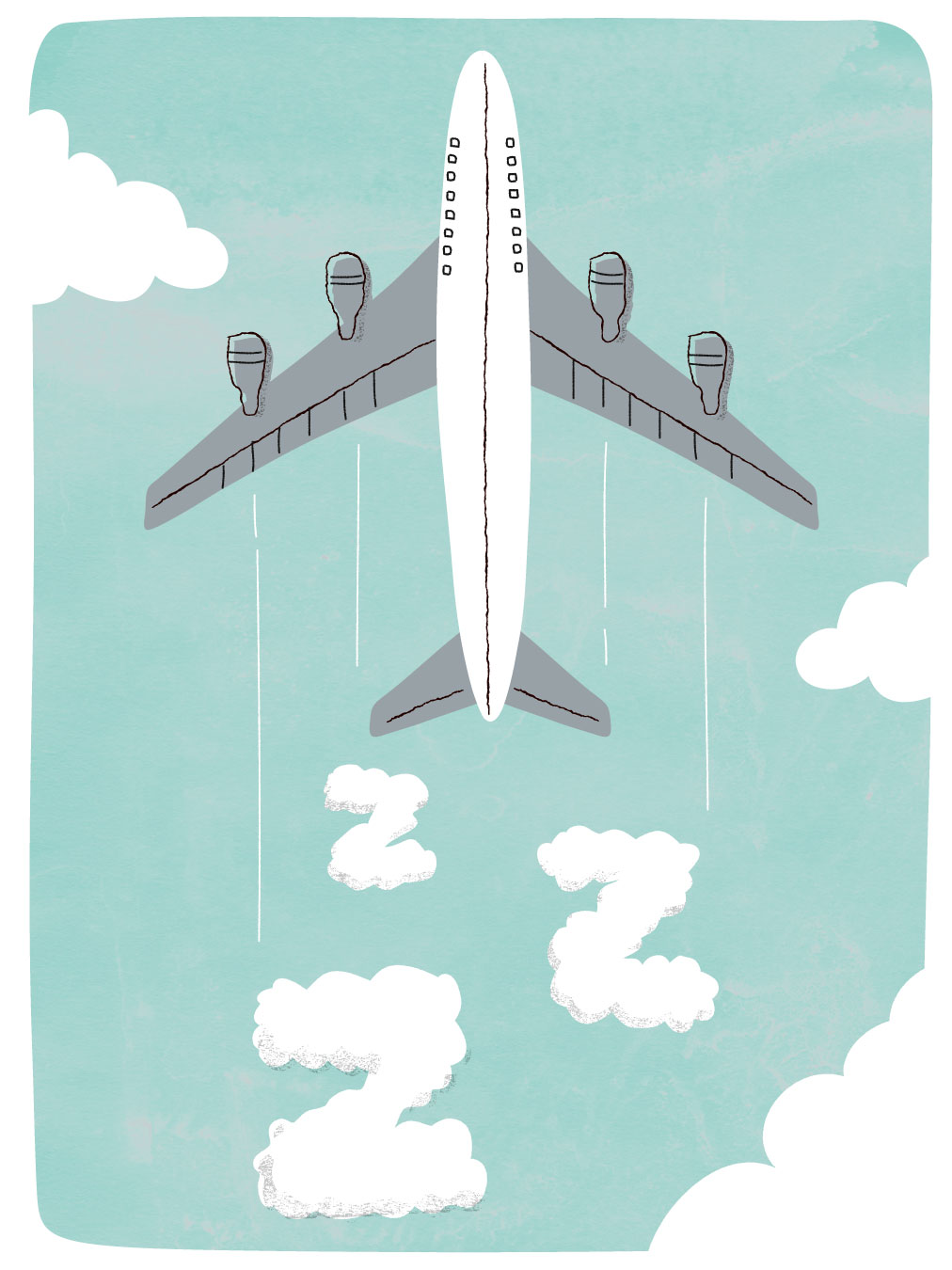Every time I visit an art gallery in a foreign city, I spend most of the experience thinking gleefully about what would happen if a tourist tripped and crashed into a sculpture, or a madman punched a hole through a painting. I have visualized elaborate, art-related disasters in some of the world’s great galleries. I’ve looked upon The Birth of Venus and thought: “What if someone got really close and sneezed?”
I’m not a vandal. I’m just bored.
Travelling is a privilege, and as such it’s hard to admit that at times it can be really tedious.
Take Paris, for example. When dealing with something as beautiful as one of Europe’s most iconic cities, a person is apt to get the magnificence equivalent of information overload. I had always blamed my millennial brain for buckling under the strain of too much art and culture, but I’ve come to believe that destination boredom is fairly common. Too much visual stimuli can make eyes glaze over like a smoky French jambon.
It’s difficult to admit when something on vacation becomes a bit of a drag, because we know how impressed we are supposed to be, and how few chances we have to see these places in person. It all comes down to expectation, and the city of light (or is it love?) is heavy with it. Paris is where I first encountered vacation boredom.
It was my second visit to the Louvre, and I had resolved to seriously look at things. After all, when would I have another chance to contemplate a place like this? Once inside the building, I kept running into the same group of six American girls. They were all quite winsome and sporty-looking, except that they were obviously very hungover; their eyes had that pained, squinty quality that doesn’t lie. Not only that, but they appeared to be lost. “Have they been here all night?” I wondered.
By this time, I had seen so many marble busts and oil paintings of men on horseback that I was approaching a crisis myself. I’d spent the last 20 minutes circling a wing of the gallery it seemed I would never leave. “We are in this together,” I thought every time I turned a corner and saw the girls struggling with their floor plans or half-heartedly reading plaques on the wall.
When I finally escaped, it occurred to me that perhaps I was doing this thing all wrong. I had spent so long in one of the jewels of western civilization that it had begun to feel like a perverse social experiment. I’d been lost and so disoriented that the exit sign seemed like a mirage. Maybe a different approach was in order.
It’s difficult to admit when something on vacation becomes a bit of a drag, because we know how impressed we are supposed to be.
Travelling is a chance at freedom, and it ought to also free you from expectations of what you “should” do. I wish I had taken better care of my Paris experience by figuring out exactly what I wanted to see, and accepting reality when the rest of it wasn’t that interesting to me. This is easier said than done—nixing cultural highlights from your itinerary can feel oafish, like a confession that you aren’t cosmopolitan enough to travel at all. I admit, the thought occurred to me: “Am I bored because I am boring?”
We travel to experience cultures and landscapes that are foreign to us, but over and above a desire to see the new, there is often a subtler one at work: a desire to actually be new. It’s not really enough to just stand in front of famous structures or smell exotic spices—we hope these experiences will transform us in some way, that the stamps on our passports will also leave stamps on our souls. Part of me always hopes that while I’m away, I will become the kind of art-literate, louche sophisticate who is genuinely delighted by history and architecture, never hungry or tired. Going away and coming back transfigured is a deep, archetypal narrative, and in the face of expectations such as these, dullness is understandably taboo. But the fact remains that boredom is a natural human state (existentialists believe it might be “the” natural human state, but I’m too drowsy to investigate further). Vacations force us to face tedium head-on.
Embedded in every city are surprises, like stone gargoyles perched on the corner of a building, and finding them is easy when we leave space for them to appear. Once, in Edinburgh, I became very tired of tartan, castles, and imposing cityscapes. I decided, in the wake of my Paris burnout, to use my boredom as a compass and give myself a day without a plan. I wandered so far from the beaten path that every grey, stone house I came across seemed like it might be the last. I was lost, but also receptive enough to notice that, when I circled back, one of the houses I passed was not a house at all, but rather a cavernous antique shop with a dusty red curtain in the window.
This place was a miracle (after more than an hour of being lost, any warm environ is divine), emphasized by the fact that they also happened to serve chai tea and buttery lumps of shortbread. The owner was a spry English man who looked remarkably like Sting. As I drank tea and read a Life magazine from the late sixties, a young couple came into the store with a duffel bag and began to set up a large canvas screen in the corner. Mildly alarmed, I paid for my tea. Sting’s doppelgänger told me that, if I came back that night, there would be a poetry reading and live shadow puppetry (which explained the screen). I did come back, and spent the evening listening to tweed-clad Scottish poets spilling their hearts; I even stayed for the charming, slightly inept shadow puppet show. I did the last thing I ever expected to do in Scotland’s capital, and it was perfect.










